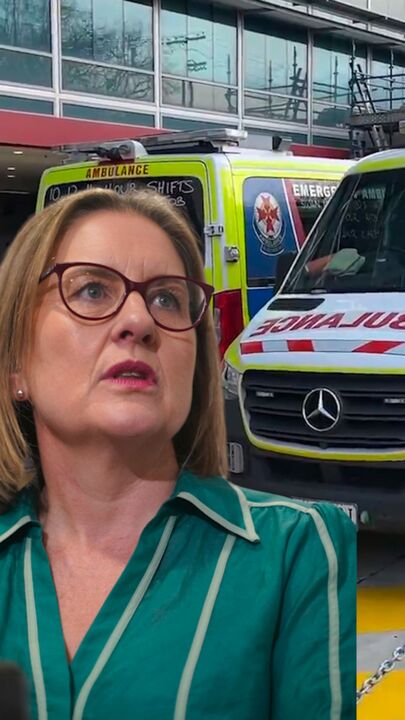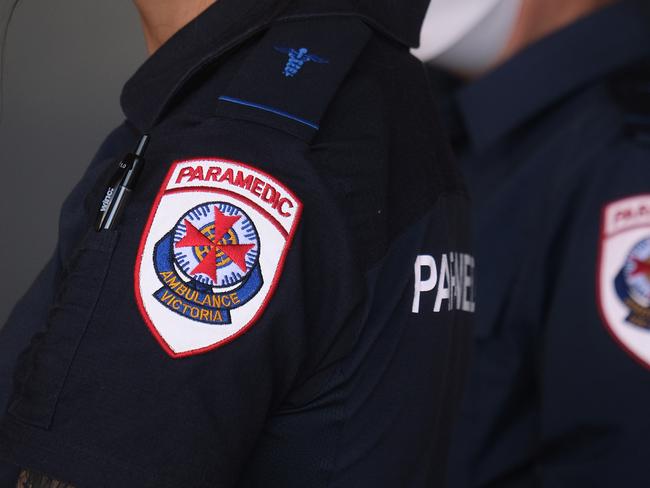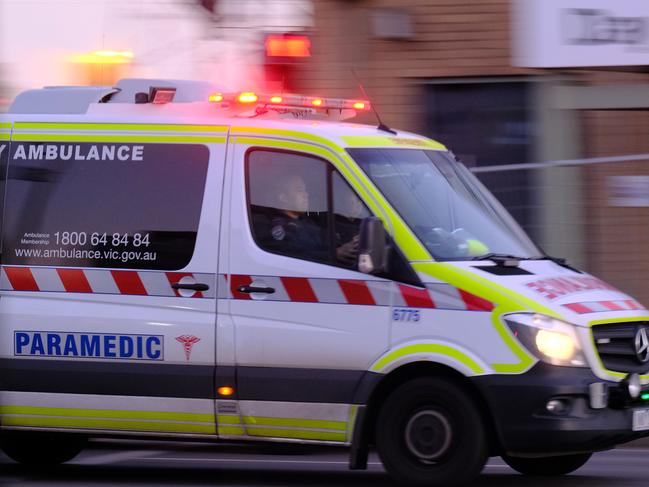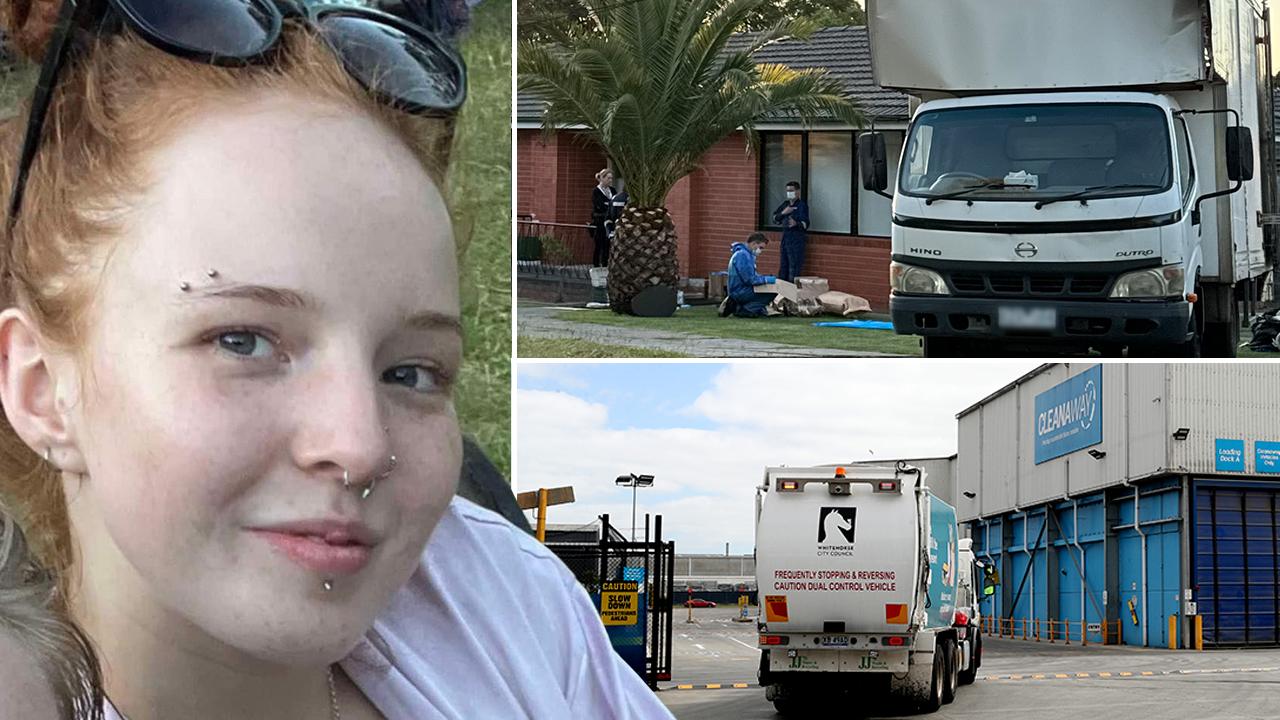Go inside Victoria’s ambulance crisis as a senior paramedic details a week on the job
Mental and physical exhaustion: an anonymous senior paramedic who works in metropolitan Melbourne details a typical week of work.

Victoria
Don't miss out on the headlines from Victoria. Followed categories will be added to My News.
My alarm goes off at 4.45am. I have a 10-hour-plus shift and a headache. The 12 or so hours I’ll be gone feels like an eternity sometimes.
On my last shift, we went to a really harrowing crash where the young motorbike rider died despite our best efforts.
The whole scene was chaotic – bystanders screaming. My junior partner had never seen someone die.
The coroner was a few hours away, so the manager on scene requested we place the body on the side of the road so we could be “back in service”. I suggested it was best we left the deceased patient
in the truck, for some dignity and privacy.
Afterwards, I was exhausted, mentally and physically. I needed more than just my usual single day to recover.
My to-do list for my days off was left unfinished.

I pull my uniform on: “Arghh!” I injured my shoulder at work a few years ago.
When I’m too fatigued from work to go to the gym, it’s easy for it to get sore again.
My shift is at 6.30am.
A typical day shift can start with the night crew ramped at the hospital, stuck for hours with a stable patient.
The other day we offered to go via taxi but management put us on the spare truck.
That crew ended up finishing almost three hours late, working 17 hours in total, then driving themselves home.
We were instead sent to a code three that had been held overnight due to low resources. A stable, generally well “dizzy for a year” with no change.
When we kindly explained we could transport him, but he would likely have a long hospital wait, he yelled that nobody cared about his health.
We organised a GP appointment and taxi, and spoke to his doctor ourselves. It took nearly two hours.

Another common occurrence is general practitioners leaving patients unattended after requesting us. It has always baffled me.
Recently we went to a GP clinic for a code one, elderly patient with a chronic heart condition and various symptoms, including shortness of breath. But when we arrived, the doctor had left the patient alone with their relative and no monitoring. The patient was grinning, stable and did not report pain or breathing issues.
Meal breaks are often interrupted too, such as when we were dispatched to a code one “serious haemorrhage” for a pregnant woman, third trimester, having contractions. But the woman, while frantic, was medically stable. No contractions. She told us she went to the hospital hours ago, but they said she was OK. A previous miscarriage was driving a fearful mindset.
I thought re-attending hospital would offer only reassurance but hopefully they could get her some mental health support. Her emotional pain was heartbreaking.
But she got upset that we didn’t use lights and sirens – allowed only for critical patients – and called her husband. He screamed at me: “YOU THINK YOUR POLICY IS MORE IMPORTANT THAN THE LIFE OF MY CHILD!?”

We have regulars too. One calls almost daily with chest pain, another wants help getting dressed and into bed after drinking.
Surprisingly, we attend those who need a hospital, but will not go.
We once had serious concerns a patient would have a stroke, but he refused everything but a telehealth appointment. The doctor told him to take more of his medication, but as we left he just cracked another beer, lit another smoke and sat back in his lounge chair.
Some shifts, we race to code one calls for children, fearing the worst. But the “unconscious” child just had a stomach ache – now gone – after eating too many lollies. Another is a child with mild fever whose parent, seeing the emergency department queue, drove back home. They said we would get them in “faster”.
We often finish late, like when a middle-aged man refused a free taxi because
he “pays his private health”. He ordered that we go past appropriate, closer hospitals. We finished more than two hours late. I missed my friend’s birthday. Once again, end-of-shift support let me down.
On night shifts I’m exhausted. After one, I thought I was OK to drive, but I fell asleep at the lights for a few seconds.
Originally published as Go inside Victoria’s ambulance crisis as a senior paramedic details a week on the job



